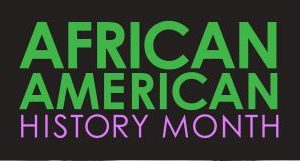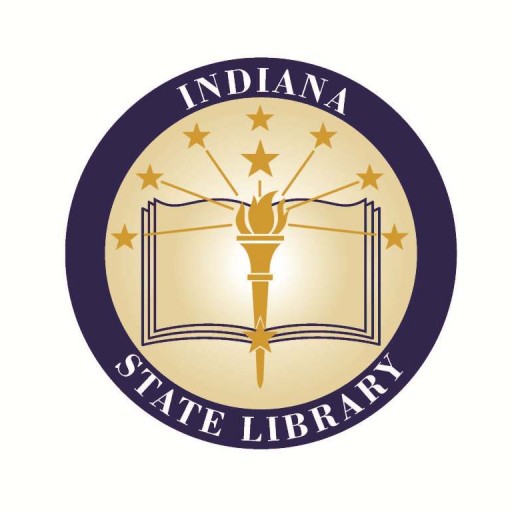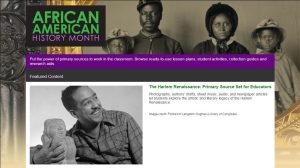African American History Month

February is Black History Month, I wanted to highlight a couple government resources that provide a wealth of information relating to the history and the cultural and societal impact of African Americans in our country. AfricanAmericanHistoryMonth.gov, a web-portal collaboration project between the Library of Congress and the National Endowment for the Humanities, National Gallery of Art, National Park Service, Smithsonian Institution, United States Holocaust Memorial Museum and U.S. National Archives and Records Administration. African American History Month utilizes historic images, exhibits, collections, audio, and video to create a comprehensive resource for the history and promotion of African American contribution to our country’s culture and society. I recommend educators and researchers of American history and culture to explore and utilize this wonderful website.
On September 24, 2016, the National Museum of African American History and Culture (NMAAHC) opened as the first and only national museum devoted exclusively to the documentation of African American life, history, and culture. The Museum, the 19th and newest museum of the Smithsonian Institution, collected more than 36,000 artifacts and nearly 100,000 individuals have become charter members. In addition to viewing this magnificent museum, the NMAAHC also possesses a digital collections holding for researchers to browse by topic, date/era, or place. Combined, these two online government resources offer a thorough and engaging look into the history and contributions of African Americans in culture and society.
History of Black History Month
In addition to their helpful research resource, the African American History Month website also covers the history of the origin and commemoration of Black History Month. The text below is found with the About section of the website, and is an excerpt from an essay by Daryl Michael Scott, Howard University, for the Association for the Study of African American Life and History.
As a Harvard-trained historian, Carter G. Woodson, like W. E. B. Du Bois before him, believed that truth could not be denied and that reason would prevail over prejudice. His hopes to raise awareness of African American’s contributions to civilization was realized when he and the organization he founded, the Association for the Study of Negro Life and History (ASNLH), conceived and announced Negro History Week in 1925. The event was first celebrated during a week in February 1926 that encompassed the birthdays of both Abraham Lincoln and Frederick Douglass. The response was overwhelming: Black history clubs sprang up; teachers demanded materials to instruct their pupils; and progressive whites, not simply white scholars and philanthropists, stepped forward to endorse the effort.
By the time of Woodson’s death in 1950, Negro History Week had become a central part of African American life and substantial progress had been made in bringing more Americans to appreciate the celebration. At mid–century, mayors of cities nationwide issued proclamations noting Negro History Week. The Black Awakening of the 1960s dramatically expanded the consciousness of African Americans about the importance of black history, and the Civil Rights movement focused Americans of all color on the subject of the contributions of African Americans to our history and culture.
The celebration was expanded to a month in 1976, the nation’s bicentennial. President Gerald R. Ford urged Americans to “seize the opportunity to honor the too-often neglected accomplishments of black Americans in every area of endeavor throughout our history.” That year, fifty years after the first celebration, the association held the first African American History Month. By this time, the entire nation had come to recognize the importance of Black history in the drama of the American story. Since then each American president has issued African American History Month proclamations. And the association—now the Association for the Study of African American Life and History (ASALH)—continues to promote the study of Black history all year.
African American History Monty – For Teachers Guide & Lesson Plans
http://www.africanamericanhistorymonth.gov/for-teachers/
Executive and Legislative Documents
The Law Library of Congress has compiled guides to related to Black History Month, including a comprehensive inventory of the Public Laws, Presidential Proclamations and congressional resolutions.
Other Dedicated Web Sites
National Museum of African American History and Culture
United States Holocaust Memorial Museum – Black History Month


